
The energy reform is increasingly moving toward resource and eco-friendly energy generation. The use of “green gas” can provide both ecological and economic benefits for plant operators. For example, the operator can feed in the excess energy generated by CHP plants to the public power grid.
Biomass: The All-Round Talent
To remain economically successful in the future, it is important to take on responsibility and contribute to sustainable energy supply. Renewable energies include wind and solar energy, biomass, and hydropower. Biomass can be used to produce power, fuel, and heat. What is more, it is available around the clock. Gas engine-driven cogeneration power plants can balance any fluctuation in the availability of renewable energies, thereby ensuring ongoing energy supply.
Production of Regenerative Energy from Renewable Gases
In biogas plants, biomass can be used either directly to generate power and heat or as biofuel for vehicles. Another benefit of biomass is that it can be stored easily. Thus, the resources can be used in an eco-friendly way without causing further environmental stress.
Renewable gas from biomass, wind, and sun: Biogases and synthesis gases (e-gas) are referred as “renewable gases”. Biogas is the product of the digestion of biogas. Currently, Germany has approximately 9,000 biogas plants with an output of approximately 4,166 MWel. The term “biogas” can also be understood to include landfill, sewage, and mine gas. Biomethane is gained from biogas that is processed to natural gas grade. E-gases are generated in power-to-gas plants using renewable power. In a first step, hydrogen is generated; if necessary, it can then be refined with carbon to produce synthetic methane.
Photo: ©️ cristian prisecariu, Pixabay
Articles in the Category: Ecology
Using Biogas Resources for Sustainable, Affordable Heat Supply
To ensure reliable, affordable, and climate-friendly supply of heat and power for businesses and consumers in Germany in the future, the established, proven potential of renewable energies such as biogas needs to be expanded significantly and be utilized even more effectively.
How the Combustion Engine Contributes to Sustainable Heat and Power Supply in the Energy Industry
To draw attention to the sustainability and potential of the combustion engine with a view to a green energy transition, VDMA has initiated a campaign entitled “EMISSION0 – ON THE WAY TO 2050”. In the field of energy generation, the combustion engine will continue to play a key role in reducing emissions.
Tapping the Potential of Waste and Leftovers for the Production of Energy
The use of biomass for energy generation can make a positive contribution to the energy reform. Especially biogas and biomethane from waste and leftovers offer a high potential for sustainable bioenergy production.
Europe’s Road to the Energy Reform: Harmonization of Economic Factors and Climate Protection
The energy reform is associated with a number of challenges for politics and the economy alike. The goal is to develop solution concepts that are not only profitable, but also sustainable and eco-friendly.
Hydrogen – an Innovative Solution Concept of the Energy Reform
To achieve the adopted climate protection goals and climate neutrality, hydrogen is to be used as an energy source of the future. For this purpose, the Federal Cabinet has issued the National Hydrogen Strategy. As an alternative to fossil energy sources, hydrogen is to reduce especially the carbon emissions of the industry and of transportation.
Proactively Ensuring the Future of Energy
Our society’s welfare depends on an operable energy supply framework. Without power, heat, and mobility, we would not be able to maintain our standard of living. Therefore, the objective of the energy reform is to ensure reliable, economically viable, and eco-friendly energy support. Read our posts on this topic in our MWM Energy Blog.

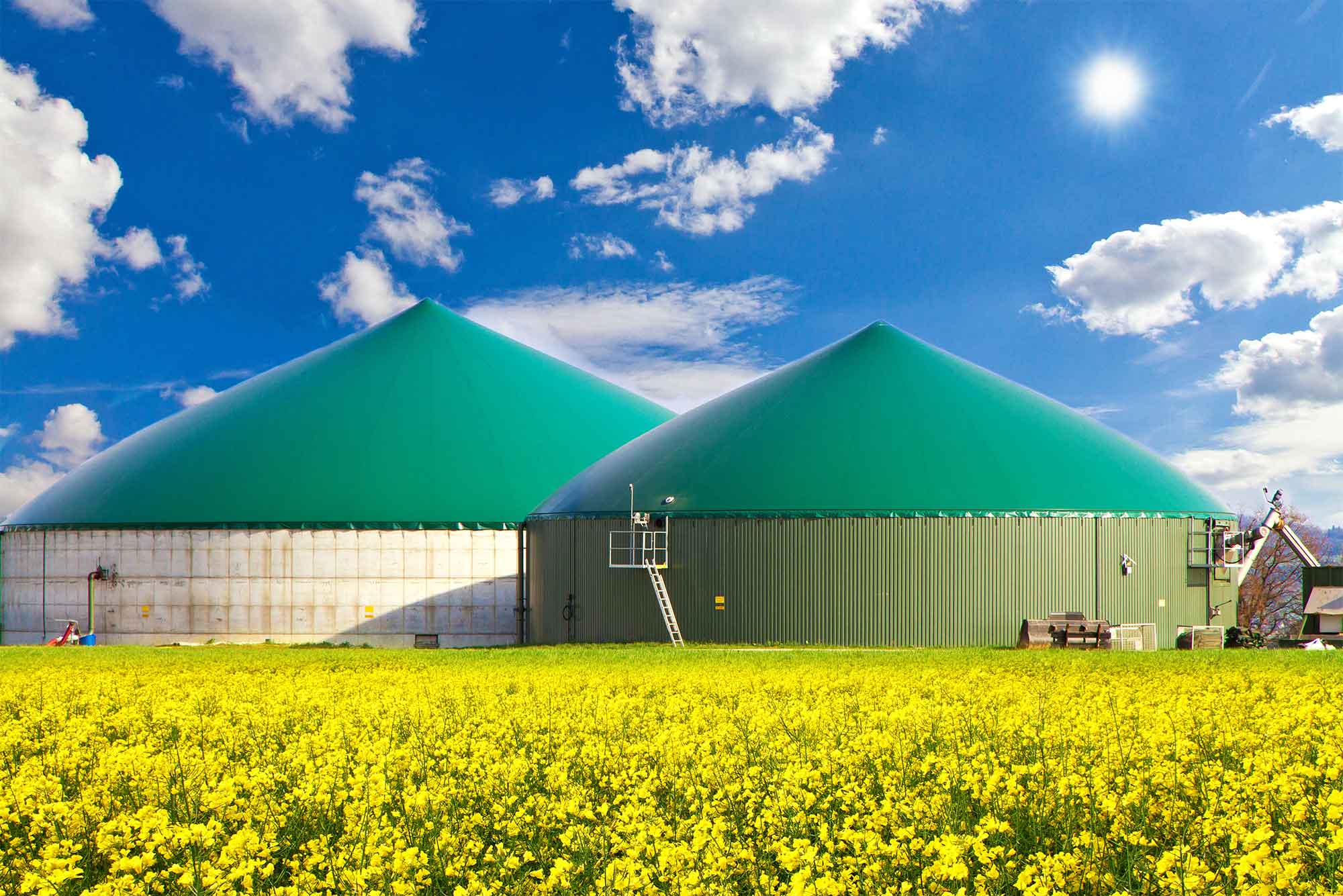
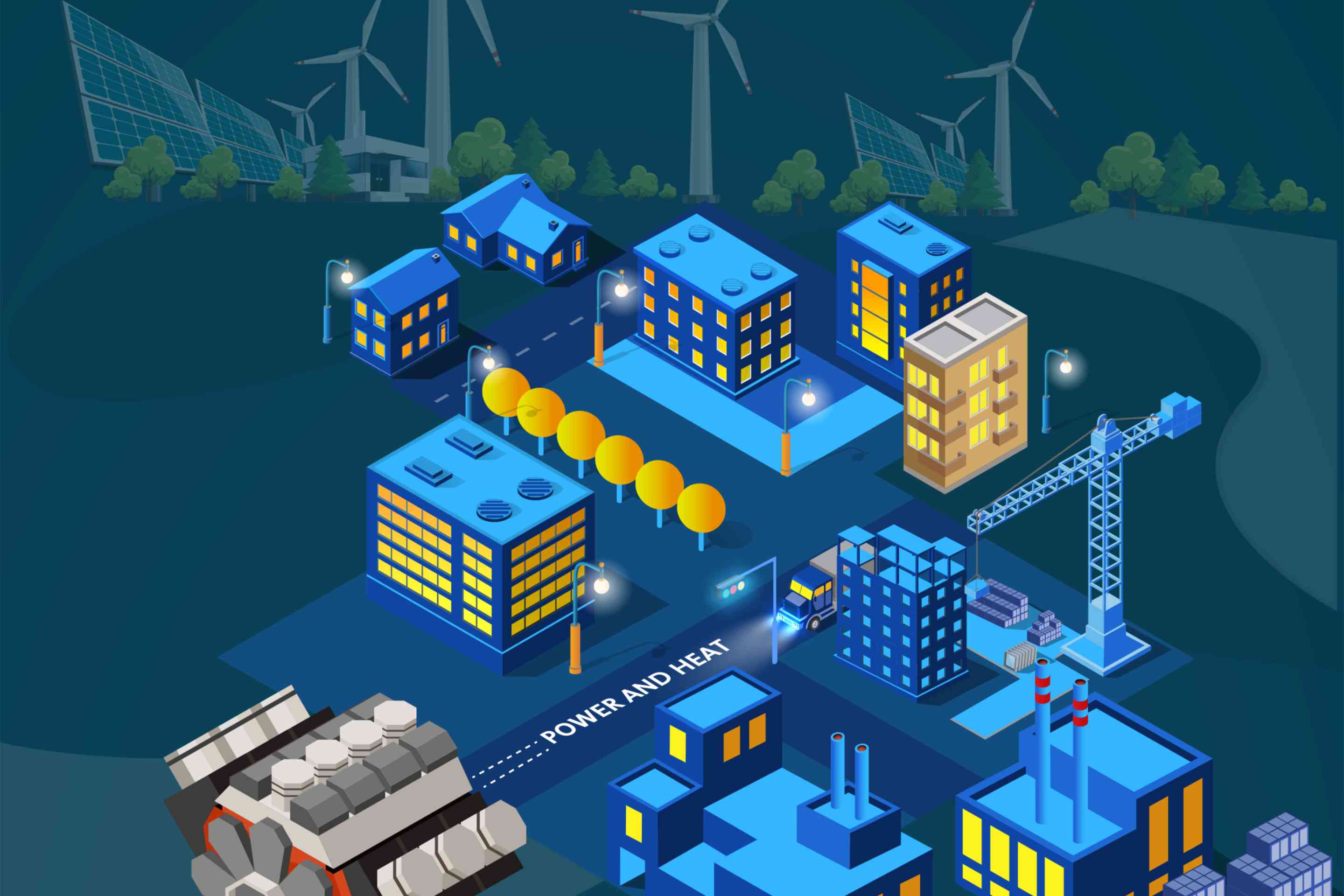
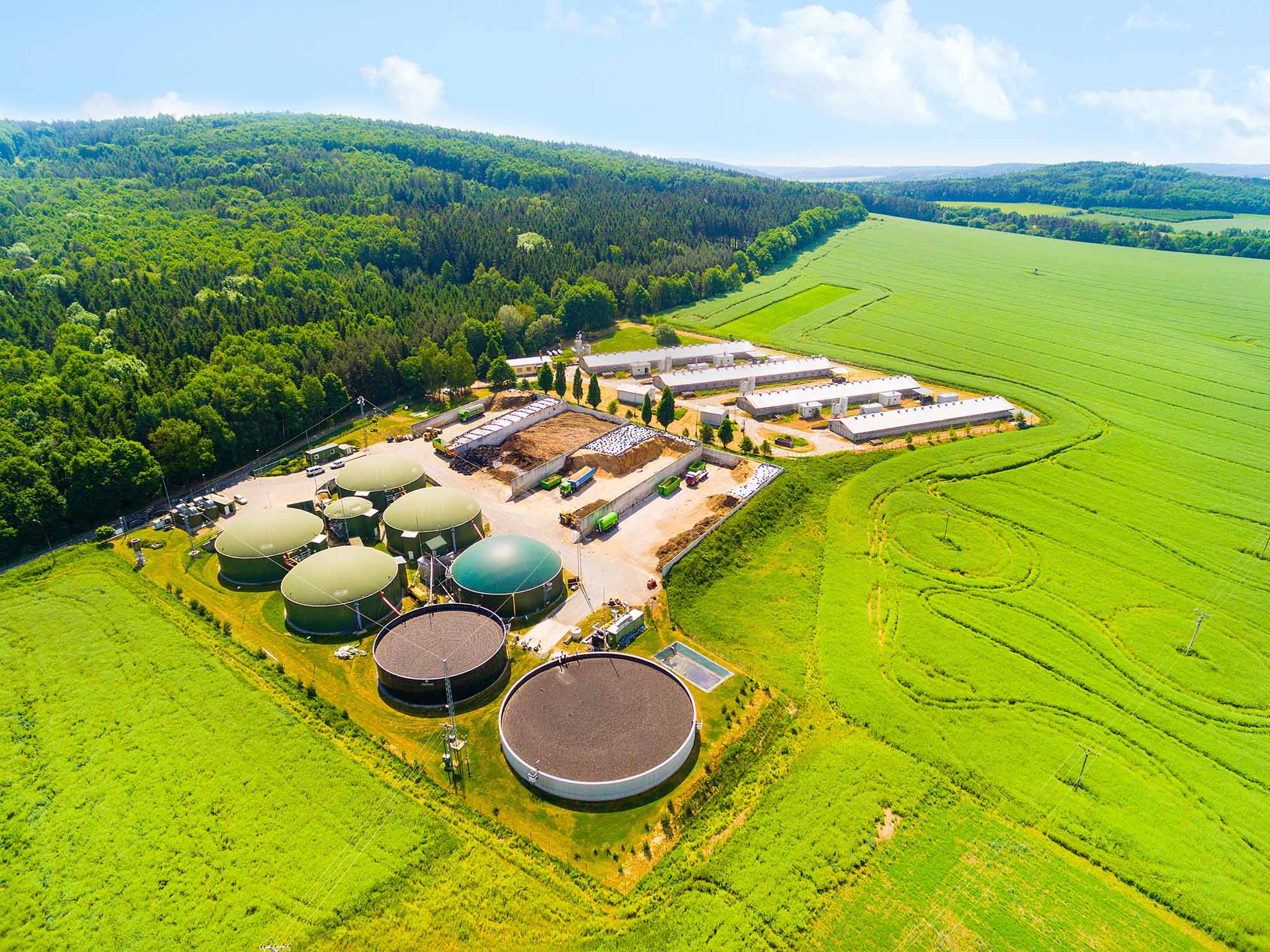
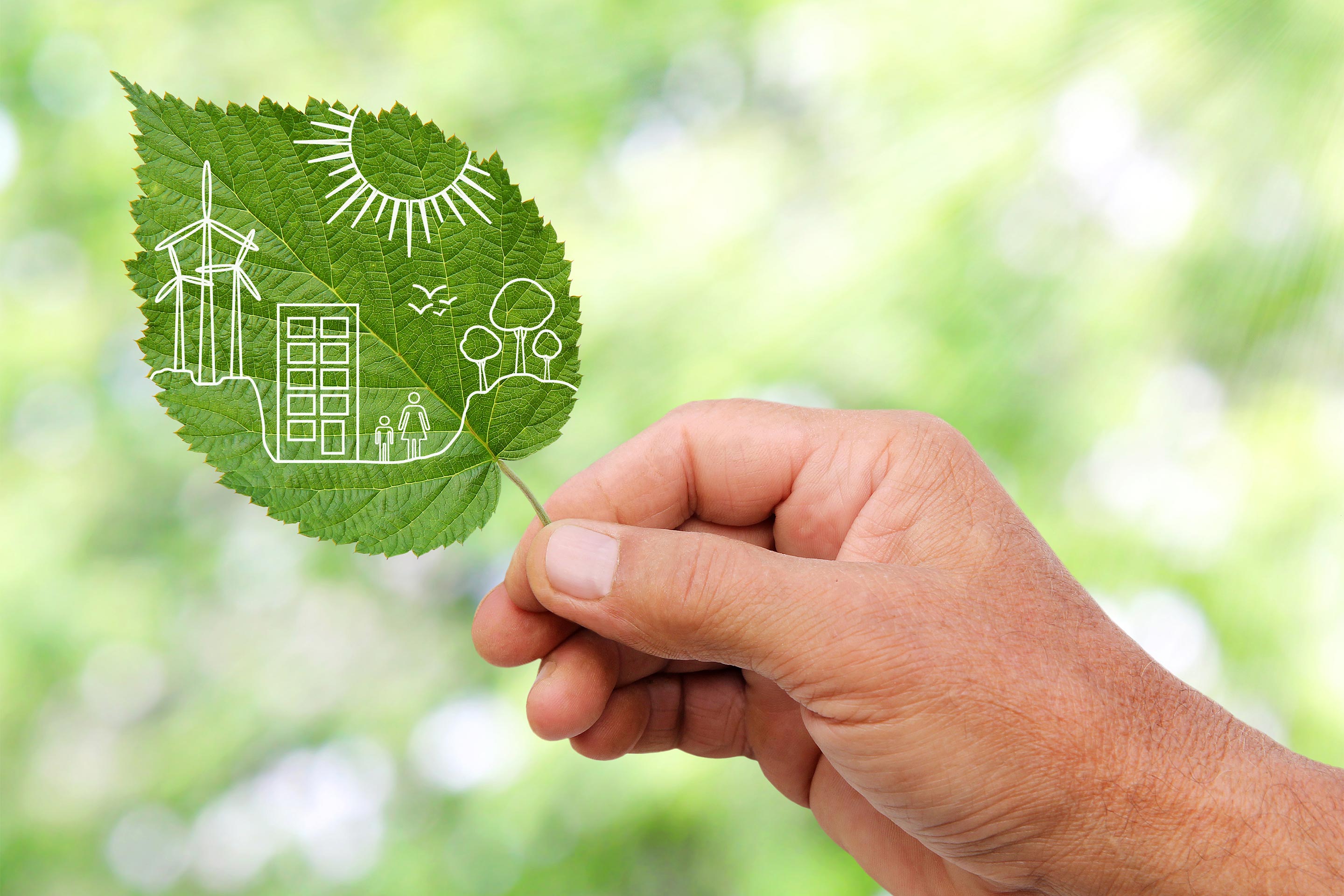

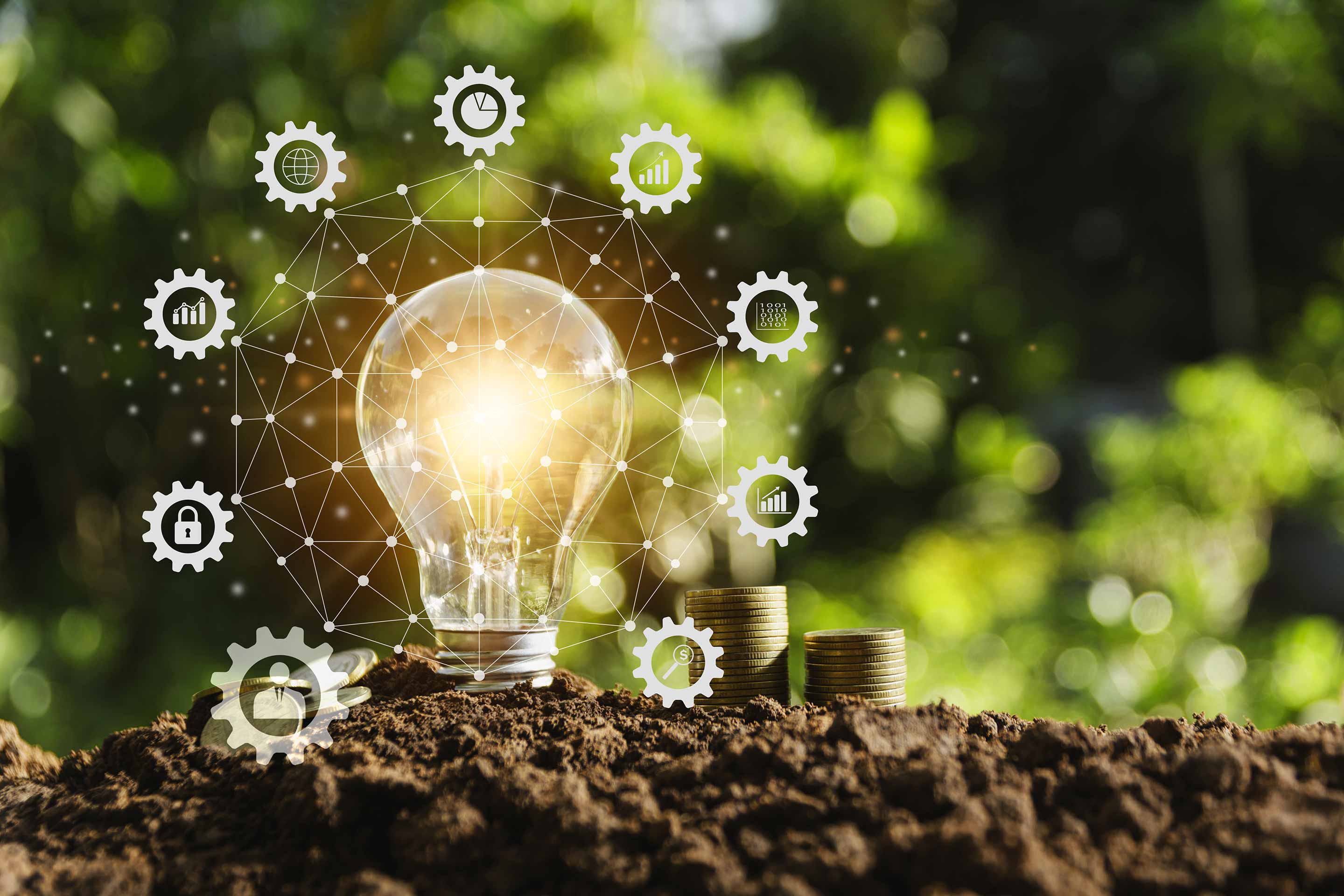
Latest Comments